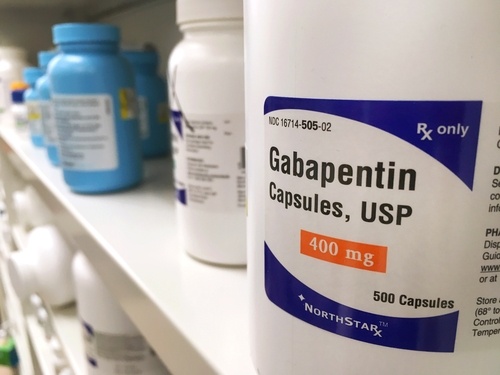Hitting Rock Bottom
When people refer to “hitting rock bottom” in regards to one’s substance abuse problems or addiction, their meaning is that an individual has reached his or her limit (physically, emotionally, mentally…etc.) and have come to the conclusion that he or she is unable to go on continuing down the path of substance abuse.
The experience of hitting rock bottom can be as brutal as it sounds. Without going through the experience of hitting rock bottom, however, a person struggling with substance abuse or addiction could end up dead.
Addiction is a disease that is unique to each individual. Every person will have a distinct experience in connection to his or her substance abuse. This is primarily due to the fact that every person is different, with a differing genetic make-up, individualized thought processes, and each person’s body will react in a somewhat different way to the abuse of drugs or alcohol. Additionally, every person will develop differing tolerance levels to drugs or alcohol. Addiction and substance abuse can have severe effects on one’s brain. When a person abuses a substance for any length of time, his or her brain will rewire itself to accommodate the foreign substance. A person’s brain and body will then become used to functioning with the presence of the abused substance, and will not function to its highest potential without it. This can cause a shift in one’s reasoning abilities and alter one’s perception of reality.
Hitting rock bottom is a very personal and individualized experience.
It will look different for each person. For some it may come during a moment of clarity in which a person simply feels that they are sick of spending their money, time, energy on obtaining their drug of choice. For some it may be that they miss the relationships they once had with loved ones and do not wish to continue allowing drugs or alcohol to cause further a rift between them. Some may get to a point where they feel that they are at a fork in the road: either continue down the current path of substance abuse and addiction, or die. Some people might experience a dramatic life event (drunk driving, getting arrested, being a part of a violent situation) that may jolt them straight to the bottom. Simply stated, there is no right or wrong way to hit rock bottom, as each person will hit rock bottom in a unique way.
Substance abuse and addiction can be akin to falling down a rabbit hole. Sometimes people who have been struggling with substance abuse and addiction feel that they have alienated themselves to such a degree, that relationships may seem impossible to repair.
This can add to the cycle of substance abuse, further reinforcing one’s loneliness and depression. Some people who have struggled with substance abuse and addiction may not even realize how much their problem has shifted his or her life. One of the ways loved one’s can help to illuminate hitting rock bottom for a person struggling with substance abuse or addiction is to hold an intervention. In an intervention, the loved ones of an individual verbally express how his or her addiction has negatively impacted his or her life, in addition to how it has affected their own life, with specific examples.
Every person has his or her own limits and will reach rock bottom in his or her own time.
If not addressed and properly treated, substance abuse and addiction can be debilitating and can leave someone with terrible long term side effects or even dead. If you are witnessing a loved one with a substance abuse problem, it is important to keep in mind that a person will only get help if he or she wants to receive it. I know hitting rock bottom (or watching someone hit rock bottom) may not seem like a pleasant experience, but in truth, it is the only way to actually move up and away from addiction, and forward with one’s life. Please do not hesitate to reach out for further information or help when it comes to substance abuse or addiction.
Contact Us
Call (213) 389-9964 or fill out the form below to reach Peggy Albrecht Friendly House.
Residential Treatment
(213) 389-8810Sober Living
(310)204-3351Error: Contact form not found.



